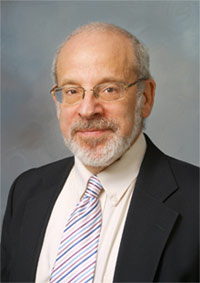Iqbal’s Plausibility Ruling Heading for a Congressional Hearing
Joe Seiner (South Carolina) brings to my attention a very important development in the world of civil procedure and employment discrimination law.
David Ingram of the National Law Journal reports:
Ashcroft v. Iqbal, the 5-month-old U.S. Supreme Court decision that has become a thorn in the side of the plaintiffs bar, will get a Capitol Hill airing on Tuesday.
The House Judiciary Committee is scheduled to hold the first congressional hearing on the far-reaching May ruling, which raised the pleading standard for most civil complaints, making it more difficult to keep cases from being thrown out.
The hearing isn’t likely to be the last time Congress weighs in on the matter. Sen. Arlen Specter, D-Pa., has sponsored legislation to return to an earlier pleading standard, and he wields the gavel in a Senate Judiciary subcommittee.
Because so much is at stake for both trial lawyers and the business community, I would not be surprised if this is the first many salvos on what exactly must be proven to survive a Rule 12(b)(6) motion. Additionally, because many of the lawsuits involved concern employment discrimination plaintiffs, this goes right to the heart of whether those complaining of discrimination, harassment, or retaliation in the workplace can get their case heard of the merits.

 As announced today in
As announced today in 